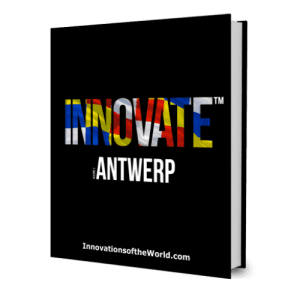Thomas More Research: collaborations to stimulate innovation in the bioeconomy
We stimulate & support innovation
Thomas More’s research group RADIUS has years of experience with innovation in the field of the bioeconomy. Bioeconomy refers to all the economic aspects of the use of natural resources, more specifically biomass. With our innovations we seek to improve the availability of microalgae and insect biomass as new sources for food, feed, and technical applications. For example, we do research on how we can integrate mealworms in candy bars, microalgae in dog food or hand cream… The possibilities are endless. At the same time, we care about the environment by developing and improving sustainable chemical processes.
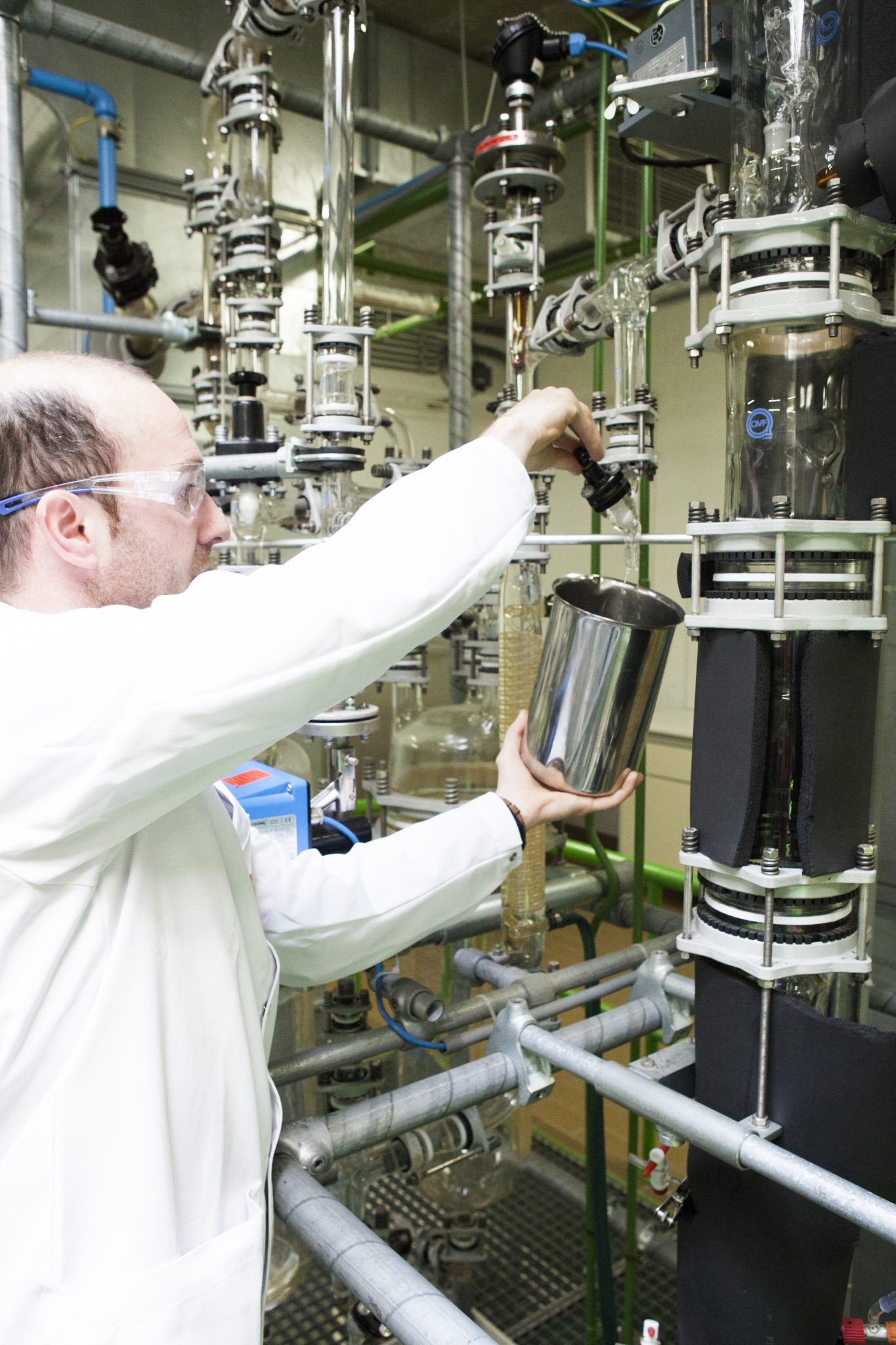
We provide solutions with respect for nature
There’s an increasing demand for new protein and alternative biomass sources. RADIUS’s research on microalgae and insect biomass can solve that problem, because microalgae and insects contain a lot of good nutrients. We also use waste streams and by-products as feed or nutrients for our insects and algae, making their cultivation very sustainable.
Just a Quick Note:
InnovationsOfTheWorld.com has partnered with Trade License Zone (TLZ) to support global innovators looking to expand internationally. Take advantage of the UAE’s Free Zones—enjoy streamlined setup, low corporate taxes, and a strategic gateway to the Middle East and beyond.
Get Your UAE Free Zone License Fast & Easy!Another challenge the world is facing is the re-use of materials to protect natural sources. RADIUS investigates the sustainable recycling of materials by using more environmentally friendly chemical processes.
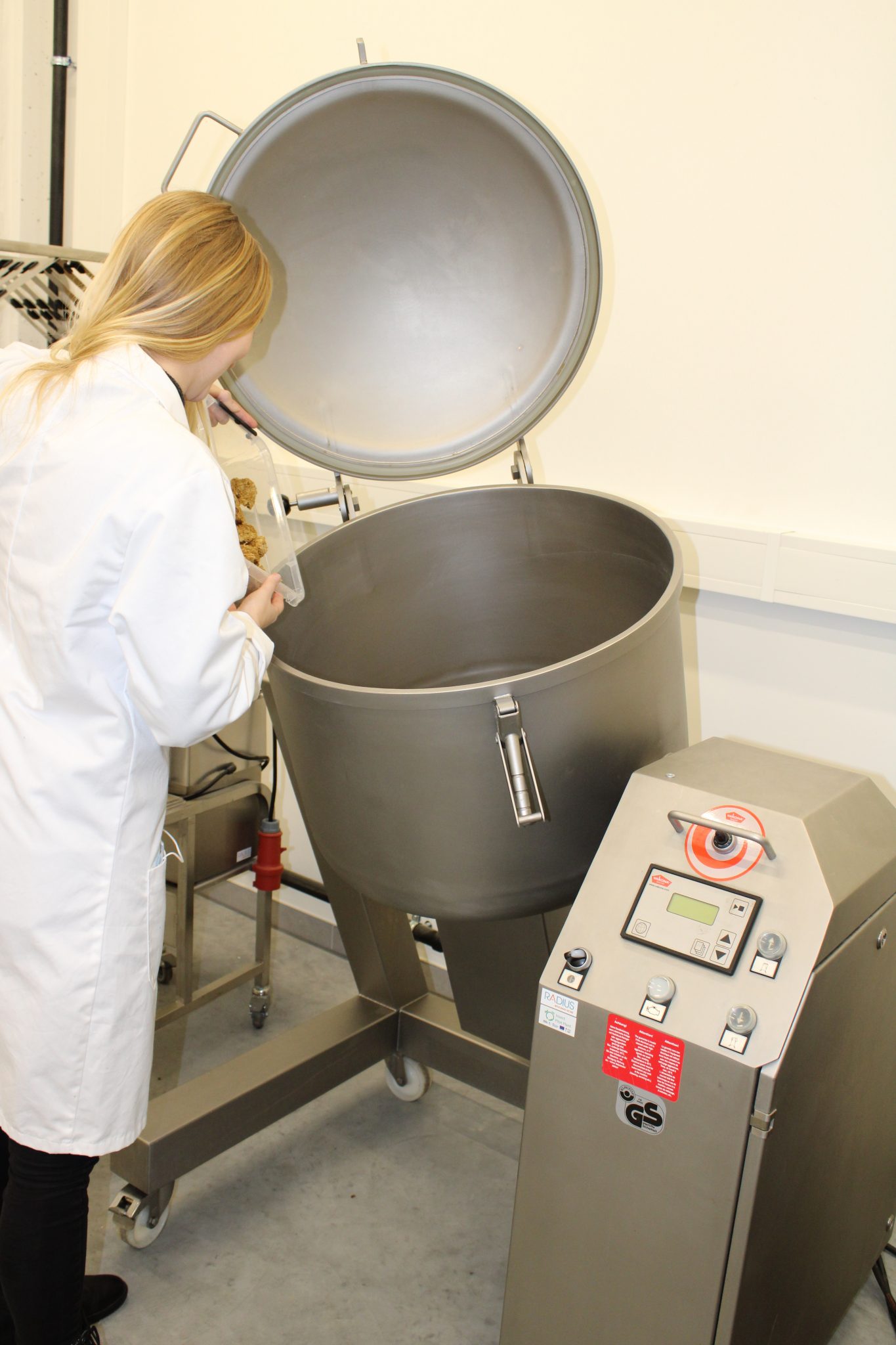
We develop, evaluate, and implement innovations with an eye on a better world and from a multidisciplinary perspective. Our team consists of experts from different fields so we can look at improvements from various angles. A biologist, bioengineer, chemist, industrial engineer, lab technician, … they all look for solutions in a different way and all those different views ensure that our innovations are of the highest level.
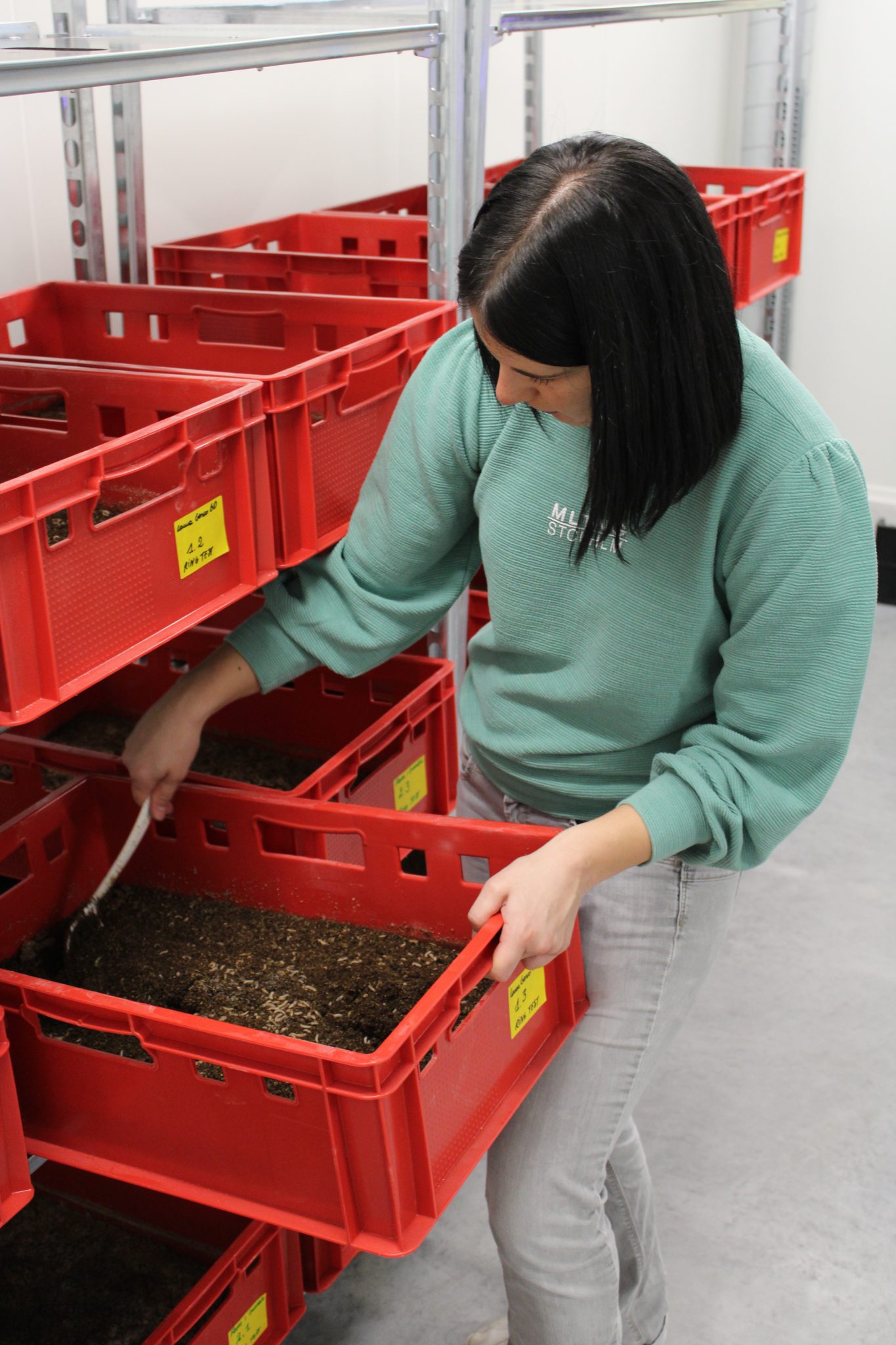
We connect
We involve students, participate at events for the broader public and write articles in sector specific and general publications. By doing so we make sure that both the existing ways of using biomass and its potential find their way to the broader public, whilst also inspiring entrepreneurship among our students.
Besides building awareness, we also foster close partnerships in the field of the bioeconomy. RADIUS operates state-of-the-art lab and pilot facilities to perform its research in close collaboration with other partners. In the field of insects – more specifically in the Insect Pilot Plant in Geel – we work together with KU Leuven, sharing expertise in microbiology and storage and transport conditions of insects.
Nationally and internationally, we work closely together with a broad network of governments, schools and other knowledge institutions,creative entrepreneurs, farmers, and the food, feed, and chemical sector. We are convinced that strong cooperation will lead to a viable, future-proof bioeconomy in the Kempen region, Flanders, and Europe.
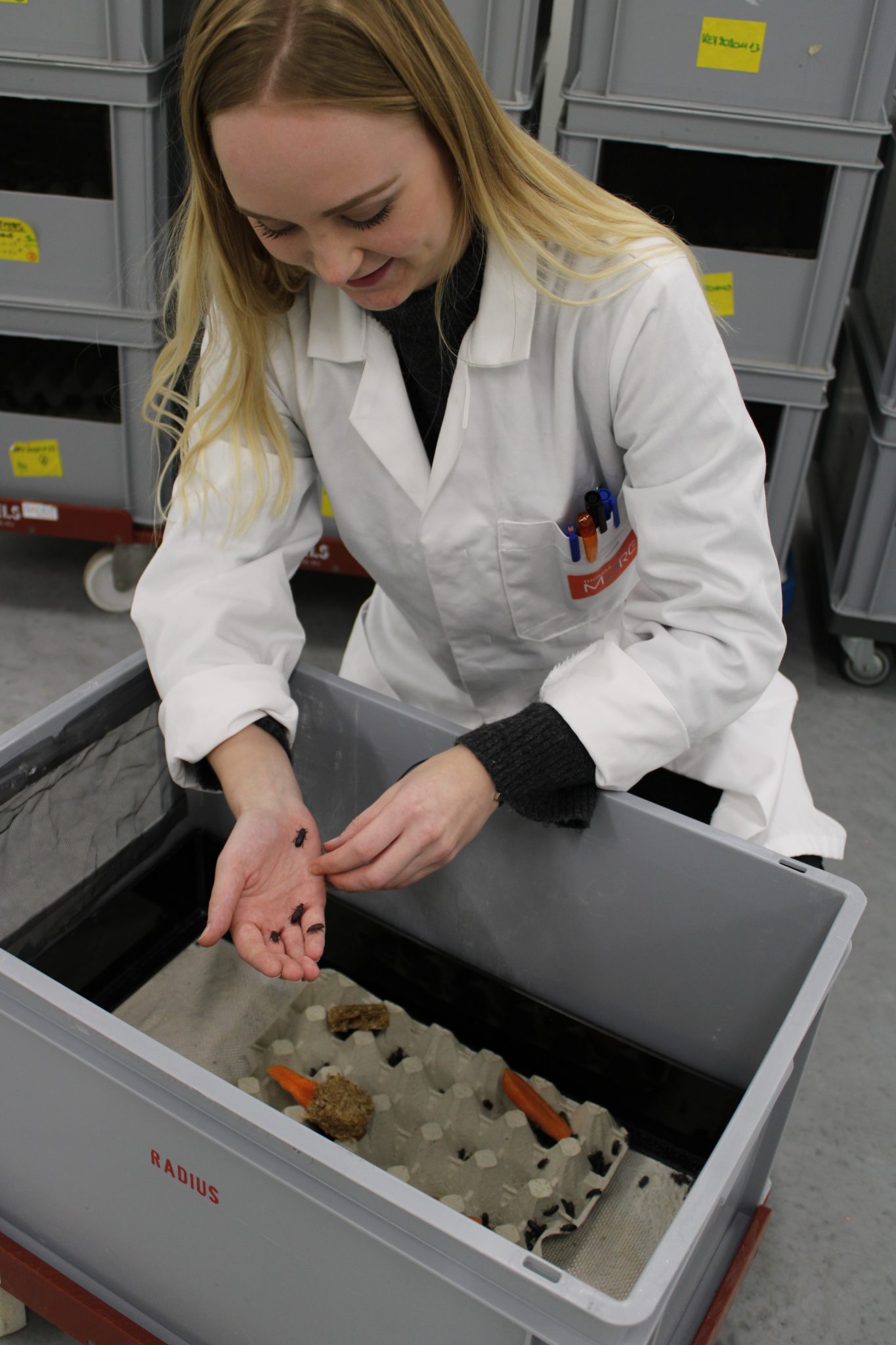
We build value chains
The RADIUS approach makes it possible to build real, relevant, and economically interesting value chains, consisting of different links. Firstly, we cultivate a new type of biomass: microalgae and insects. Secondly, we process these towards valuable biomaterials, which we can use in different applications, such as food, feed and technical applications like cosmetics, glue, … together with the industry. Thirdly, our recycling processes (extractions, filtrations, distillations, …) are part of a recycling value chain in close collaboration with other partners such as research institutes and companies.
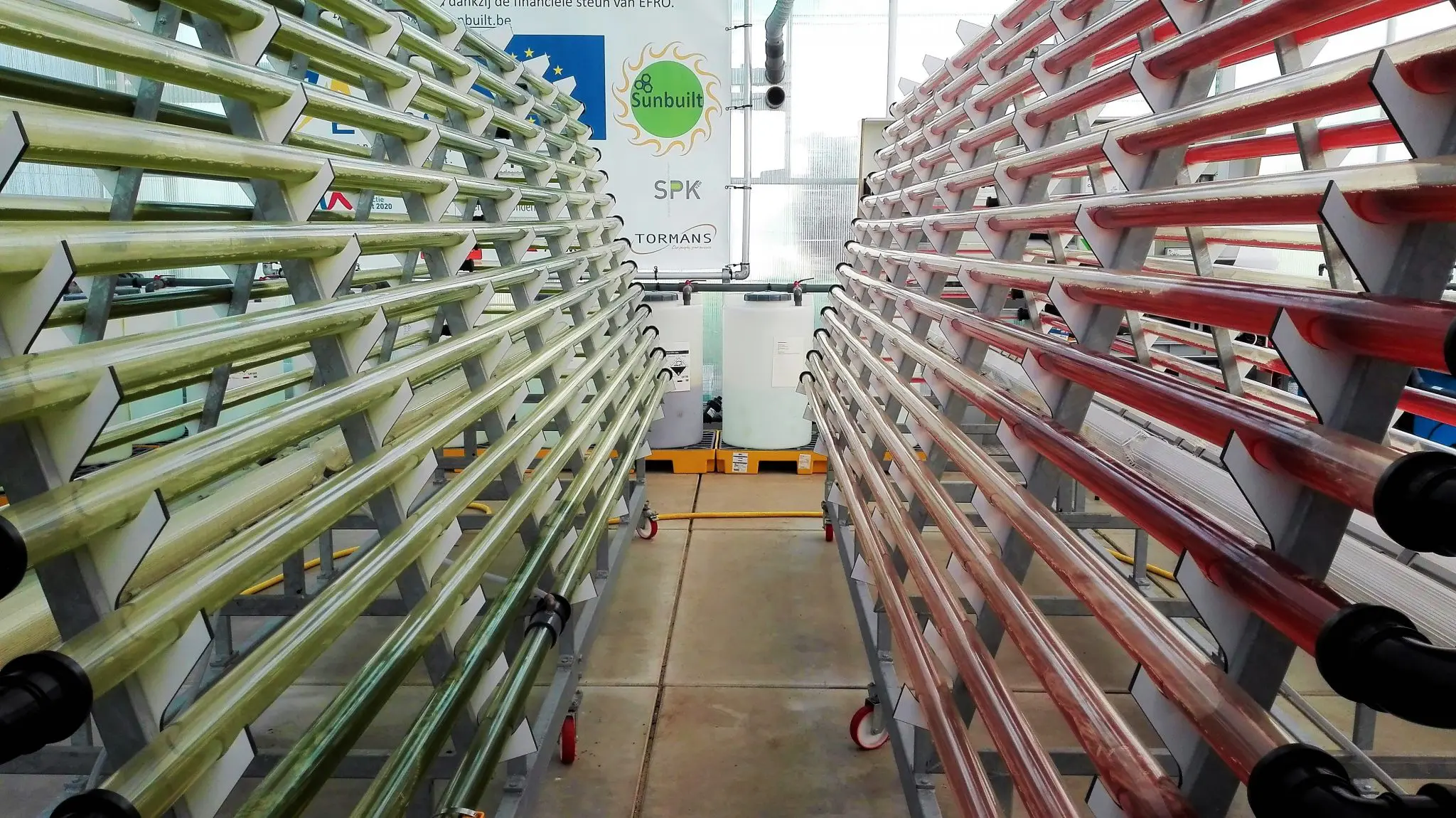
Our RADIUS team supports all these different links to create value chains, e.g. by offering a variety of services with a direct link between innovation, technology, research, and development.
Get in touch!

